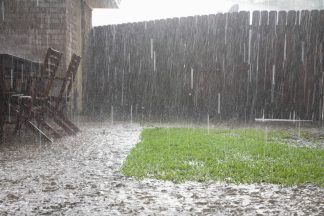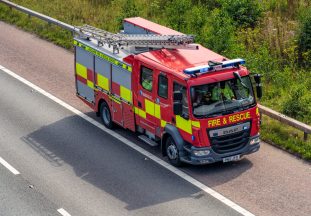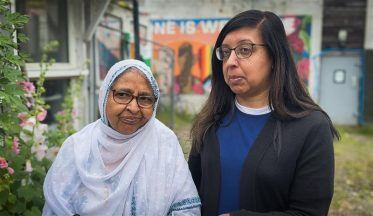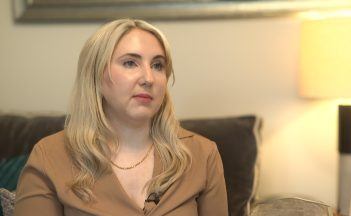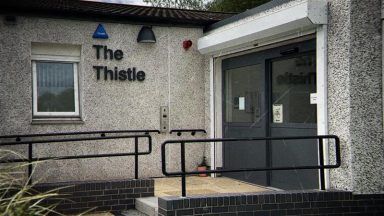The number of under-18-year-olds being admitted to non-specialist wards for mental health treatment has fallen from previous years, a Mental Welfare Commission (MWC) report shows.
Last year, there were 86 admissions, involving 62 young people, to non-specialist hospital wards, mostly adult wards, for mental health treatment.
The new figures are a fall from 2019-20 when there were 103 admissions to non-specialist wards involving 88 young people.
The MWC said the numbers are not directly comparable, and the fall needs to be understood against the backdrop of pandemic restrictions.
Hospital ward admissions and discharges across the country were adapted in 2020-21 to cope with the pandemic, which impacted bed availability.
More than half of the admissions were short, although 48% remained on non-specialist wards for more than a week, and there were seven admissions of more than five weeks.
There was a clear gender difference in these admissions, with 57 being female and 29 male.
The report said there can be some instances when it might be in the best interests of a child or young person to be treated on an adult ward but these situations should be rare.
Under the Mental Health Act, health boards are legally obliged to provide appropriate services and accommodation for mentally ill young people.
This usually means one of Scotland’s specialist adolescent units, designed to treat the needs of adolescents with mental illness.
The report stated young people are admitted to adult wards for a number of reasons, including a shortage of specialist beds and a lack of provision of specialised care for those with a learning disability.
Alison Thomson, MWC executive director (nursing) said: “When an admission to a non-specialist ward becomes unavoidable then every effort should be made to provide for the young person’s needs.
“We are aware that children and adolescent mental health services (CAMHS) clinicians continue to provide support to young people in these non-specialist wards.
“In recent years the proportion of young people in this situation who are able to access specialist CAMHS input, that is not medical, has not improved.
“We also note that of all the young people admitted to non-specialist wards, 16% came from care looked after by a local authority.
“All young people who are so unwell they need to be treated as inpatients are vulnerable and we clearly see a disproportionate number of young people who are in care amongst these admissions.
“The report also found that access to specialist advocacy for young people on these non-specialist wards was limited.
“While 77% of young people had access to advocacy, only 13% had access to advocacy that specialised in the particular needs and rights of young people.
“This is just not good enough.”
A facility for young people who need forensic intensive psychiatric care is under way and is due to open in Ayr in November 2022.
Follow STV News on WhatsApp
Scan the QR code on your mobile device for all the latest news from around the country


 iStock
iStock
